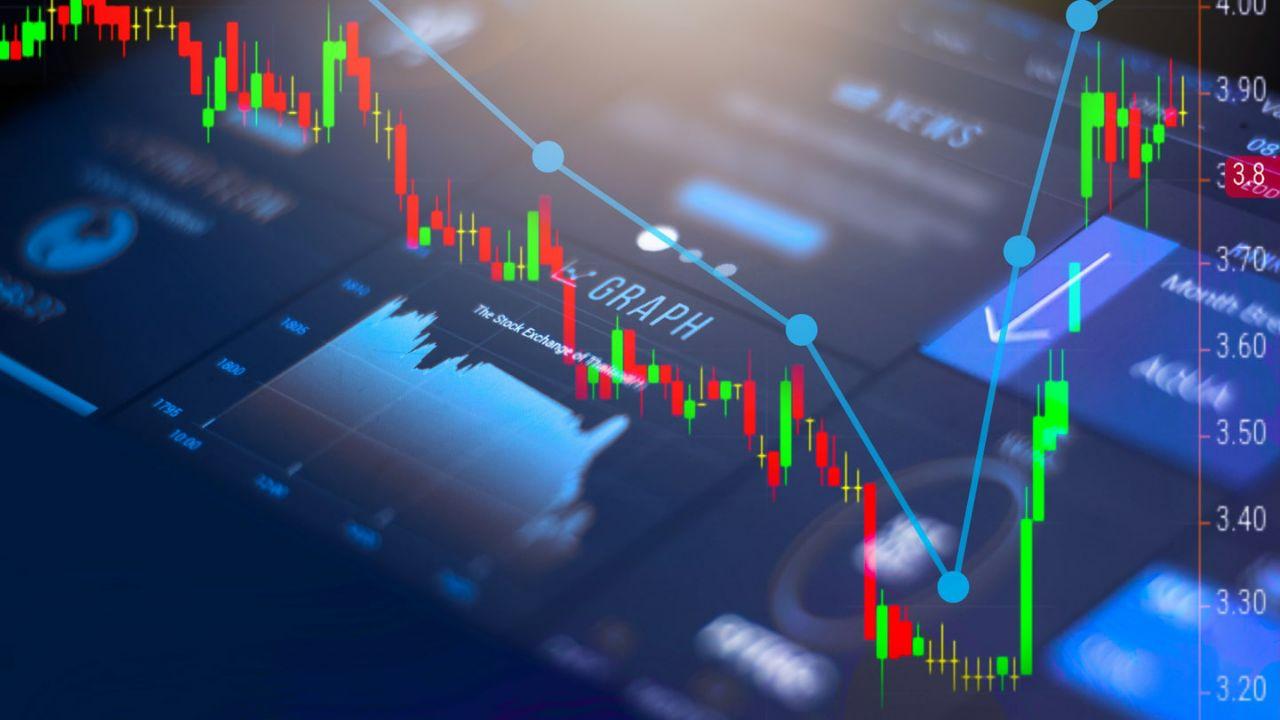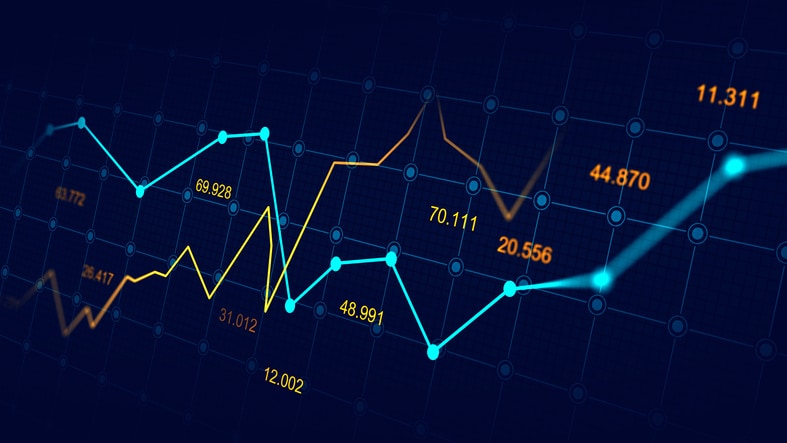
Are you considering trading forex or stocks? What are the differences between these asset classes, and which one should you trade? In this article, we’ll compare forex and stocks and outline the pros and cons of each. We’ll also provide tips on choosing the one right for you. Read on to learn more.
Table of Contents
What is Forex?
Forex stands for Foreign Exchange, and forex trading aims to exchange one currency for another to make a profit. For example, if a trader believes the US dollar will appreciate against the Japanese yen, they may buy USD/JPY. If their prediction comes true and the dollar strengthens, they will make a profit. Alternatively, they will incur a loss if their prediction is incorrect and the yen appreciates.
Forex trading is undertaken by individuals and large institutions and can be done online or through brick-and-mortar brokerages.
What are Stocks?
A stock is a share of ownership in a corporation. When you buy stock, you become a part-owner of the corporation.
Common stock is the most basic type of stock and gives the holder the right to vote on corporate matters and receive dividends.
Preferred stock pays higher dividends than common stock, but the holder does not have voting rights.
Stocks are often a long-term investment since they tend to increase value over time. However, they can also be volatile, so their prices can go up and down sharply in the short term.
Forex vs Stocks
There are many key differences between forex and stocks.
The most important is that forex is a global market, while stocks are typically traded on national exchanges. Being a global market means forex markets are open 24 hours a day, while stock markets have limited trading hours.
Another key difference is that forex traders typically take a more short-term approach, while stock investors take a longer-term view. This short-term approach is because forex pairs tend to be more volatile than stocks, making them more suitable for short-term trades. Companies, on the other hand, can take months or years or even decades to grow and expand, and investors usually hold their stocks and wait for their value to appreciate.
Finally, forex trading generally has lower transaction costs than stock trading. These lower costs are because there is no central exchange in the forex market and, therefore, no need to pay exchange fees.
These factors combine to make forex trading a unique and exciting investment.
Pros and Cons of Forex
Stocks, CFDs, ETFs, and forex all have advantages and disadvantages. We’ll describe some of the pros and cons of forex.
Pros
There are many good reasons to trade forex.
The forex market is very complex, which means experienced traders have many opportunities to make a profit.
Another advantage is that forex trading offers leverage, allowing traders to control a large amount of money with a small investment. Leverage can increase profits and losses, so it is essential to use it carefully.
Cons
Although forex trading offers many opportunities to make money, it also has some risks.
Currency values can fluctuate rapidly, meaning you can lose a significant amount of money if you are not careful.
Another risk is that forex trading can be highly stressful, and if you are not prepared for the risks involved, you could make some very costly mistakes.
Pros and Cons of Stocks
Like other forms of investment like CFDs and ETFs, stock trading has pros and cons. We’ve compiled some of the benefits and drawbacks for you to consider.
Pros
In investing, stocks offer many advantages over other asset classes.
For one, stocks are more liquid than assets like real estate or collectables, which can take time to sell. This liquidity means that investors can more easily access their capital if needed.
Additionally, stock trading tends to be less risky than investments like bonds or bank accounts, which offer fixed returns. It is because stock prices can fluctuate wildly, giving investors the potential to earn high returns in a short period.
Finally, stocks offer the opportunity for investors to buy into companies they believe in and have the potential to grow over time.
Cons
One of the biggest dangers of owning stocks is that their value can fluctuate quickly and unpredictably, which means that investors can potentially lose a great deal of money quickly depending on the company in which they invest.
The Bottom Line
It is essential to consider all the factors involved in making an investment decision. Forex and stocks have pros and cons, so weighing these factors before investing is essential. Ultimately, the best investment choice will depend on your individual needs and goals.

